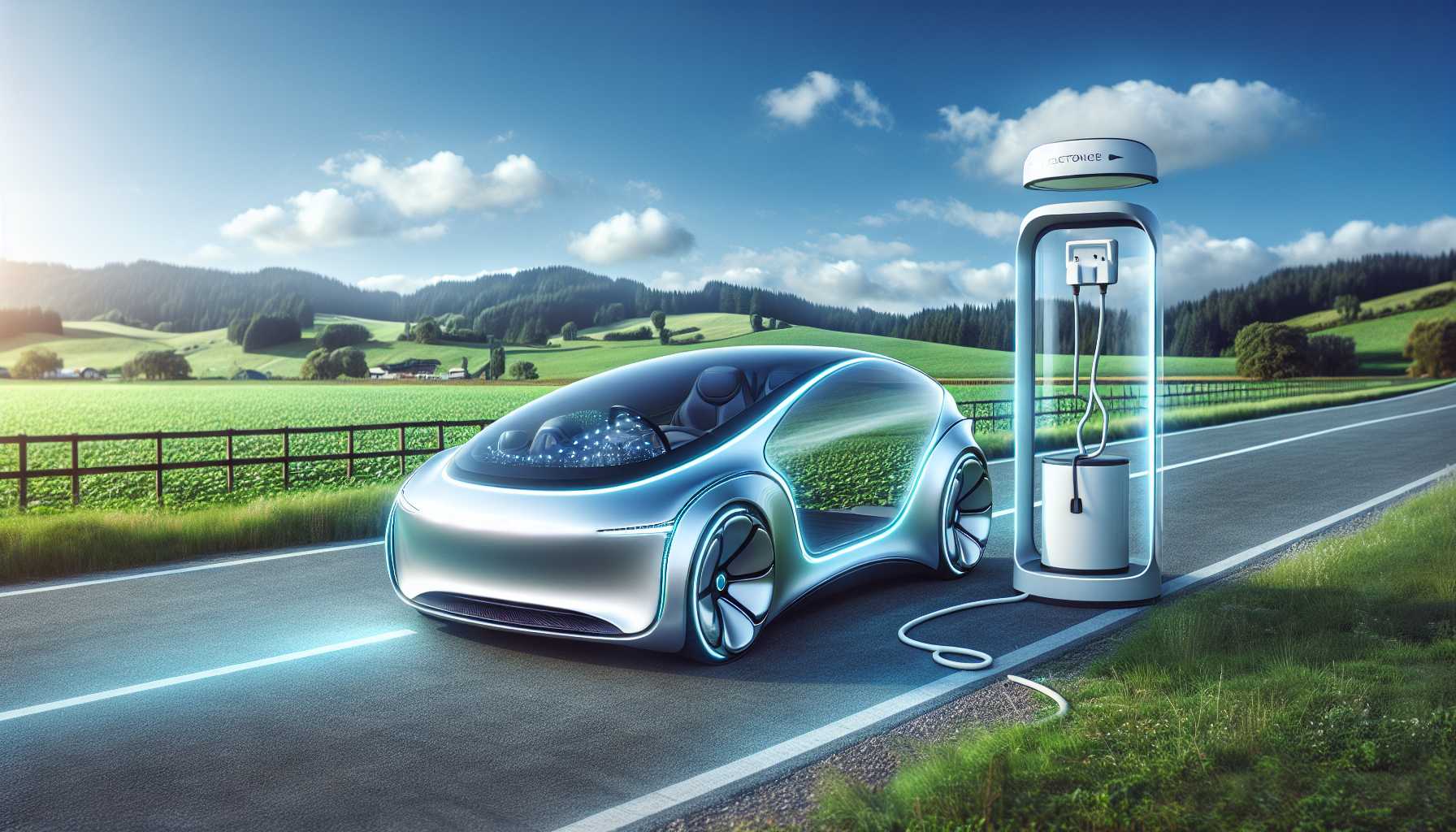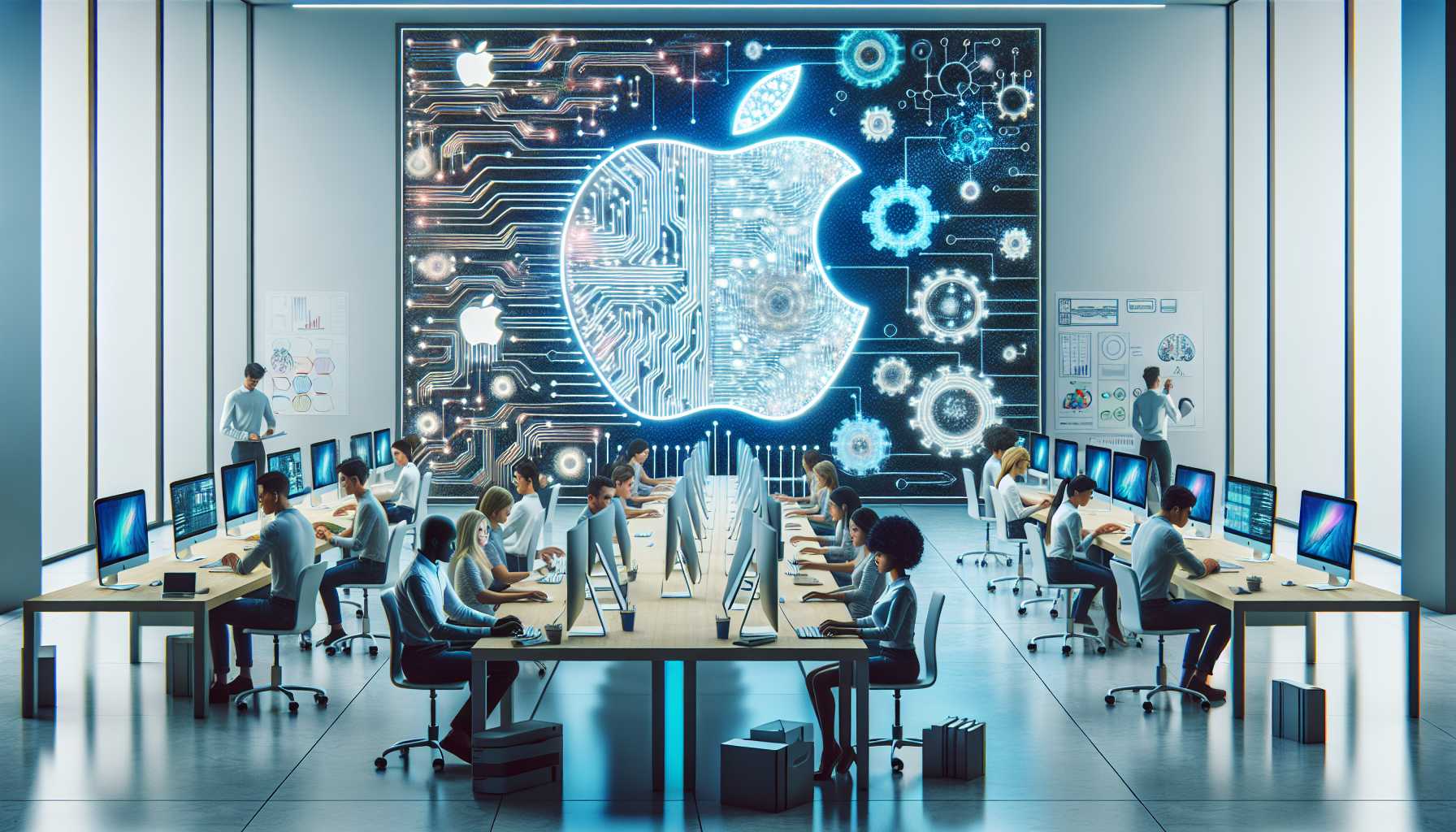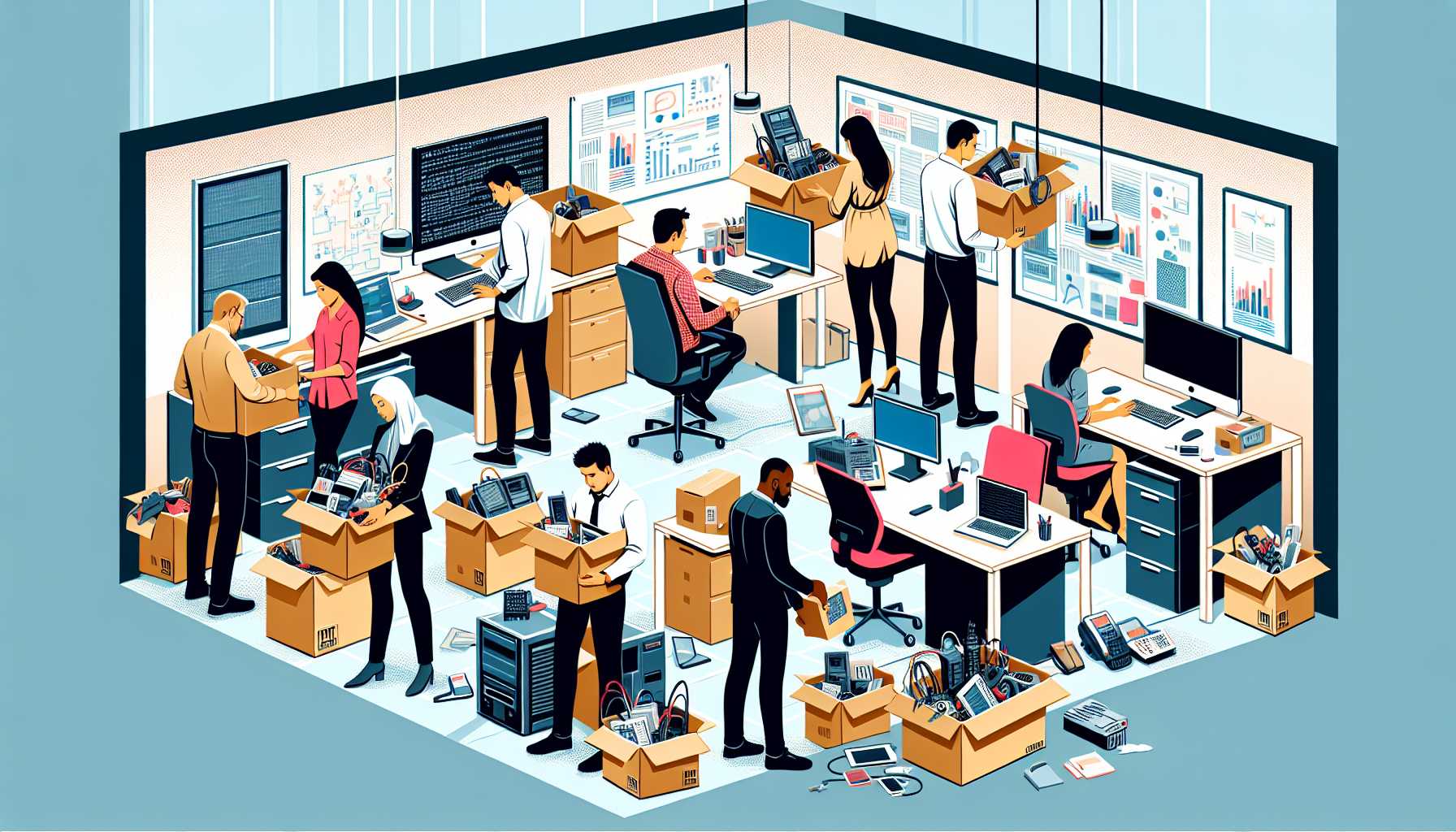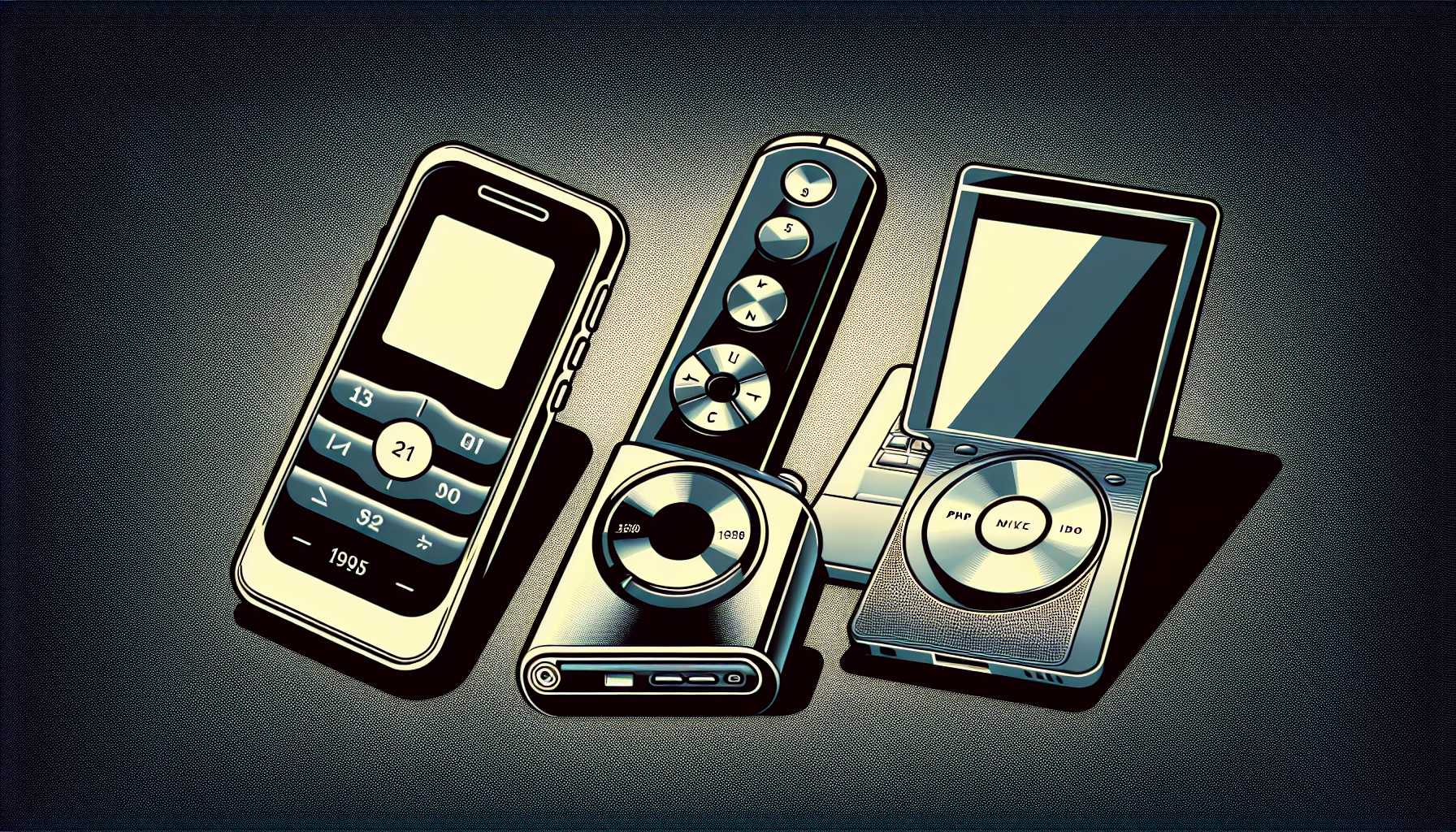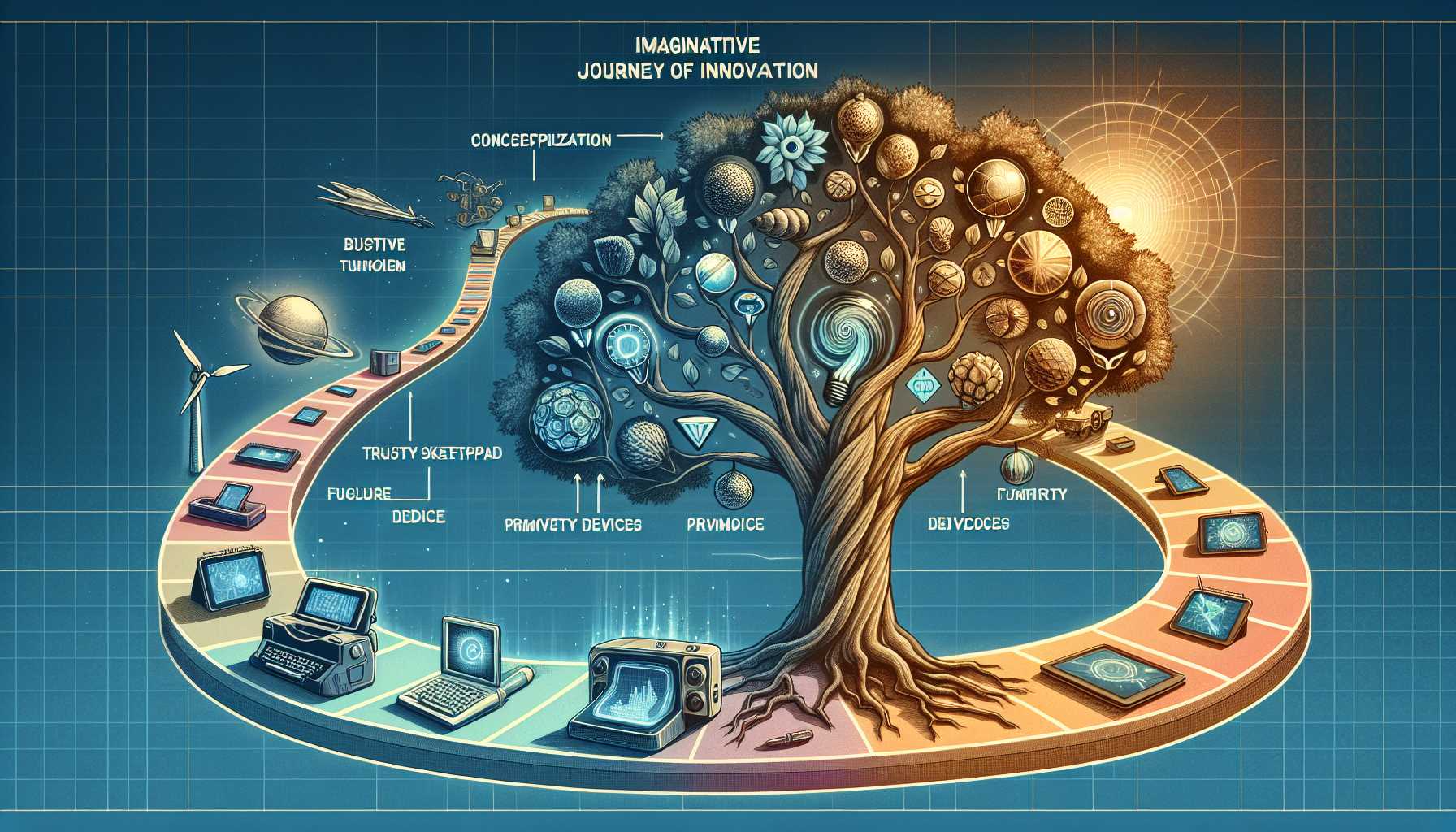In the tech realm, nothing stands still for long. The arena is as changeable as the shifting sands or the ever-evolving fads of the internet. And if there’s any company that’s become the poster child for ever-transforming priorities, it’s Apple. Once upon a time, Apple’s Project Titan was poised to take the automotive world by storm, potentially eclipsing stalwarts like Tesla and Ford. But, as we’ve learned, even titans can stumble in the face of new obsessions. Let’s buckle up and delve into how Apple’s automotive ambitions gave way to a new buzzword that’s taking Silicon Valley by storm: generative AI.
Driving into the Sunset: Project Titan’s Journey Ends
After eight years of high-octane speculations and strategic poaching of auto-industry giants, Apple has finally pumped the brakes on Project Titan. This ambitious venture promised to bring us an autonomous electric car, a machine that likely would’ve had the clean, sleek design and innovative features emblematic of the Apple brand. The project’s untimely demise, however, has led to a troubling fallout: layoffs for those who dreamed in vehicular vocabularies and reshuffled careers for others within Apple’s enigmatic halls. Yet, not all that glitters turns into an iCar. Apple’s history is peppered with projects that hinted at revolution but were axed in gestation. The infamous wireless charging mat, AirPower, is a prime example. In the TV universe, the fabled Apple Television never saw the light of day, leaving us to wonder what a set designed by the creators of iPhone might have looked like. Such is the gamble of innovation: some bets pay off massively – iPods, iPhones, and AirPods – while others flicker out, leaving room for the next big idea.
Shifting Gears: Generative AI as the New Apple of Silicon Valley’s Eye
As Silicon Valley reels from a ruthless tech-wide reckoning that’s seen titans like Google and Mozilla shedding staff, Apple, too, has faced its share of cutbacks. Yet, out of these tumultuous times, a new focus has emerged. Apple is now riding the generative AI wave, the same technological tsunami that’s buoyed the likes of OpenAI’s GPT engines. With the mothballing of Project Titan, Apple’s considerable resources could now be channeled into this brave new digital world, where creativity and AI converge to generate content, images, and more. What’s bewildering about this pivot is its underlying acknowledgment that not every prestige project can cruise to success. It’s a reality check even for a company that’s proven adept at upending markets time and again. While the immediate fallout – job losses and division reshuffles – is regrettable, it’s a testament to the unforgiving nature of technological progress. It waits for no one, not even a titan of industry.
Equally Human and Digital: Mapping the Tech Sector’s Layoff Landscape
In recent times, the tech industry’s swagger has seen a solemn reality check. Layoffs, once whispers in the hallways of startups, have become public epitaphs on outlets like Layoffs.fyi. The glaring reduction in job security paints a vivid picture of a winding-down sector that’s desperately trying to retain its sheen. Companies once seen as innovation’s vanguard are now pivoting toward austerity in a stubborn market. In this maelstrom, tracking layoffs is more than tallying figures; it’s about acknowledging the human cost of unrealized potential and shifting risk profiles. As the byproduct of a slowing tech economy, the 2023 layoff tally illustrates a hard truth: momentum can fade as quickly as it builds. Yet, amidst these sobering lessons, tech continues to be an industry of resilience and renaissance, finding its feet even as it stumbles.
A Journey of Revolutions and Road Bumps: Apple’s Pioneering Spirit
Apple’s journey has always been about pushing boundaries. Yet, in the disruptive ebb and flow of technology, not every wave crests. Projects like Project Titan lay bare the immense challenge of transforming industries that have long-established players and intricate ecosystems. Even projects seeded with promise – TV creations, wireless mat chargings, and pen computers from a time before tablets – can succumb to reality’s unyielding weight. But Apple’s experimental endeavors, whether successful or otherwise, should not overshadow the seismic shifts they’ve ushered into consumer lives. It’s this relentless drive to innovate, to dream up the next transformational device or service, that has marked Apple not merely as a tech company but as an innovator extraordinaire. Their foray into generative AI could well be the next frontier, the next ‘iBreakthrough’ that redefines creative capability.
Gleaning the Future from Past Endeavors: The Shipbuilders of Tomorrow’s Tech
As we parse through the annals of Apple’s catalogue of could-have-beens and might-still-bes, there’s an undercurrent of tech existentialism. Each scrapped plan, from Project Titan to the leaps of development half a decade early, poses a reflective question: what realms could Apple shape next? This ceaseless reinvention suggests a company less concerned with the fallout of failure and more enamored with the excitement of potential. This is the cyclical nature of tech—build, test, and sometimes, break. Companies like Apple are akin to intrepid shipbuilders, crafting vessels meant to voyage into the unknown waters of tech’s future. Some may sail far, while others barely leave the harbor. But the collective journey – with its triumphs and setbacks – keeps us transfixed, eager for the revolutionary tides impending on the horizon.

